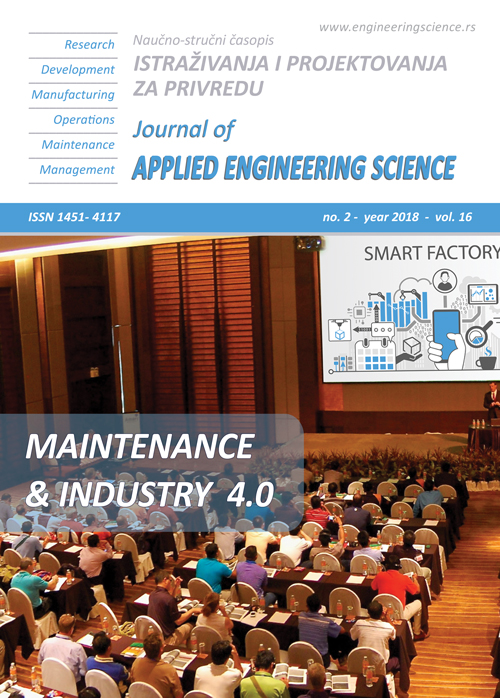INVESTIGATION OF METHODS FOR MODELING PETROLEUM REFINING FACILITIES TO IMPROVE THE RELIABILITY OF PREDICTIVE DECISION MODELS
Keywords:
modeling, petroleum refining, oil columns, parameter prediction, reliability of decision-making, artificial neural networks, oils, Models,
Abstract
The current state of production systems of the oil and gas sector makes high demands on the reliability of decision making at the operational level of process facilities control. In many situations, petroleum refining requires decision support based on predictive models. Such models should be accurate and computationally effective, which makes high demands on the selection of effective methods for constructing models of oil refinery facilities, in particular, rectification columns. The purpose of the research is to provide such requirements, the authors investigate several methods for constructing models of process technologies (facilities), estimating their accuracy based on the data of the actual rectification process technology. On average, multivariate adaptive regression splines were most effective results obtained on the set of model parameters. This method, using the samples of observations considered in the paper, allows building models with an average (referring to a set of simulated parameters) simulation error of 8.2%. The results indicate that it is possible to replace “conventional” models with fast regression models. Calculation and parameter prediction for technological facilities, including for generating control actions, using such models is possible in real time mode.

